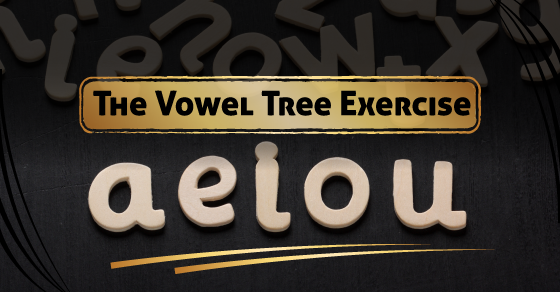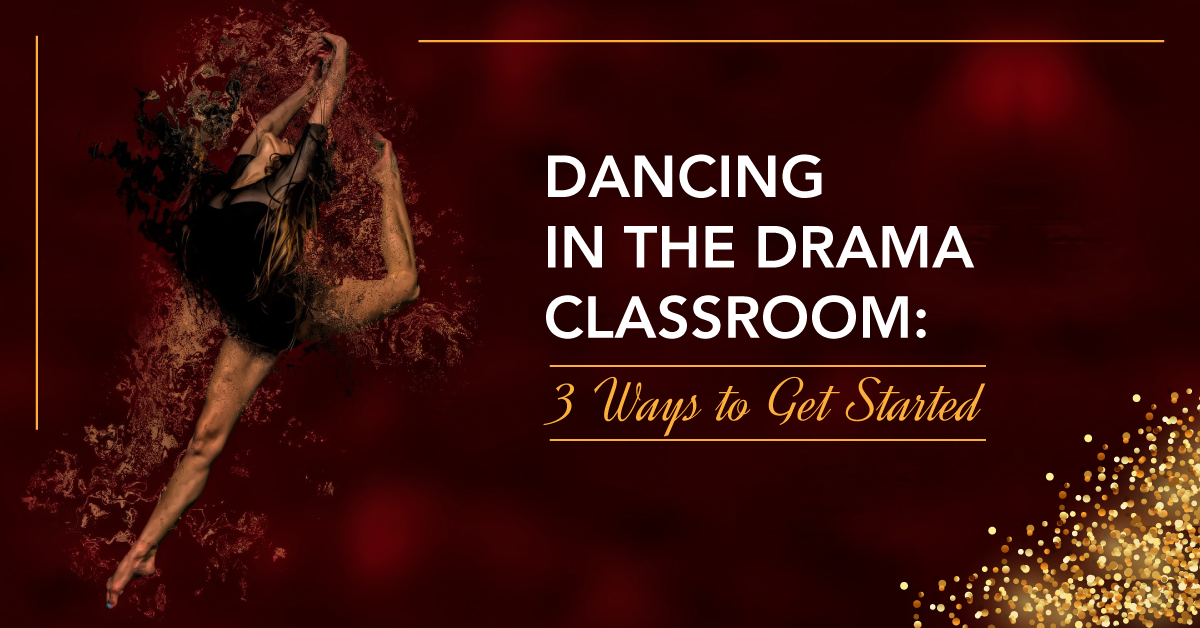The Vowel Tree
The Vowel Tree Exercise enables us to practice making sounds with our voice and exploring the entire vocal range from low to high. It allows us to be vocally impulsive in a non-judgemental way.
When we are younger, we make all kinds of crazy noises. We enjoy our vocal apparatus. It’s new to us and we like discovering how it works. As we get older, we learn to tap down those impulses to make crazy sounds. It’s not something we do in polite society.
Sometimes, this imprinting keeps us from releasing our voice onstage. Acting is behaving truthfully in imaginary circumstances. One of the ways we can get to acting truthfully in imaginary circumstances is to free our voice by allowing it to behave naturally in any circumstance.
With the Vowel Tree Exercise, students make sounds and motions with their bodies. It’s going to look and sound silly! Model each step for your students. That way, they see you do it and know that it’s okay. Practice this on your own before you show it to your students. Sometimes students can feel really self-conscious about this exercise. Model confidence to your students in this exercise. The more confident you are, the more confident your students will be.
Watch the video below for a demonstration of the exercise.
_ This guest post was written by Todd Espeland. Like what you see? The Vowel Tree is used in Todd’s Drama Teacher Academy course entitled “Friendly Shakespeare.” Click here to learn more._



